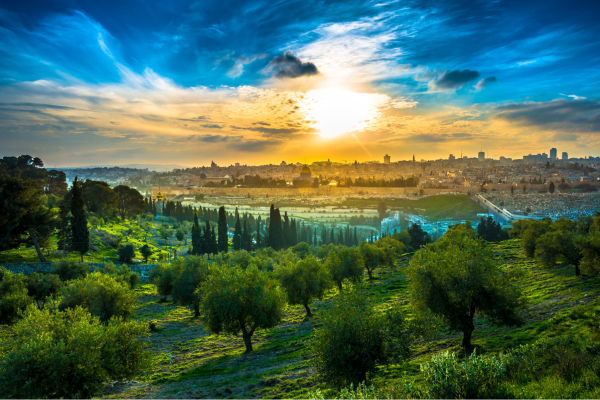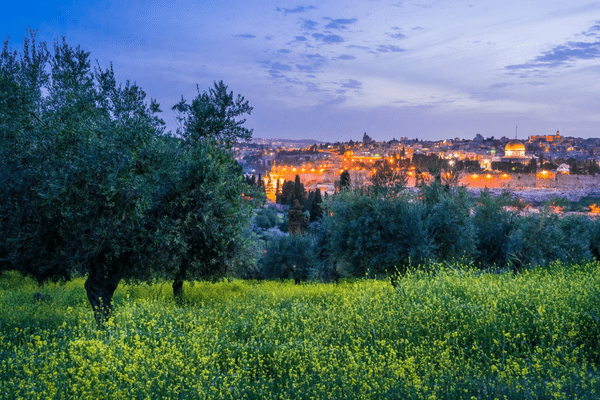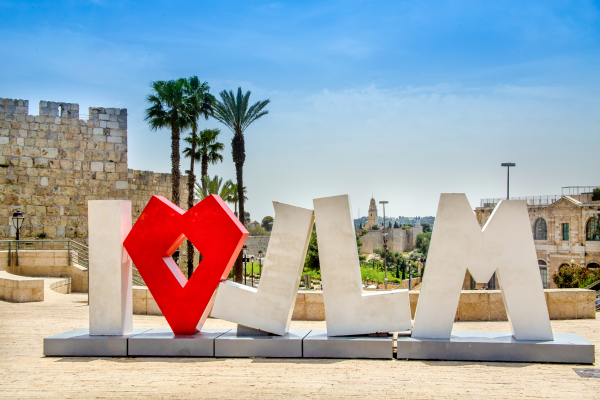
by Rabbi Pesach Wolicki | f 10, 2024 | Psalms
This verse describes the defense against sin that is provided by the word of God. By remembering the word of God and “treasuring” it in one’s heart, one is protected from sin. The consciousness of God’s word provides a corrective at a moment of weakness that could...

by Rabbi Pesach Wolicki | f 8, 2024 | Psalms
Jerusalem: City of Peace The Hebrew word for “peace”, Shalom, is often misunderstood. Shalom does not mean “peace” in the sense of compromise or a lack of hostilities. This contemporary meaning of “peace” is the farthest thing from Shalom. Shalom comes from the Hebrew...

by Rabbi Pesach Wolicki | f 7, 2024 | Messiah, Psalms, Temple
Psalm 122 is the third in a series of fifteen psalms that begin with the words, A song of ascents. Of these fifteen chapters, only four name David as the author. One chapter names David’s son Solomon (Psalm 127). The remaining ten chapters in this series do not name...

by Rabbi Pesach Wolicki | f 1, 2024 | Psalms
In verse 5 of Psalm 137, the psalmist declares that he would lose his strength should he ever forget Jerusalem. Now, in verse 6, he says that he will lose the ability to express himself as well. In fulfillment of the sentiment of this verse, numerous Jewish customs...

by Rabbi Pesach Wolicki | f 27, 2023 | Psalms
Psalm 137 is a lament over the destruction of Jerusalem and the exile of Israel. The psalmist responds to the sarcastic taunting of his captors who ask the exiled Jews to “sing a song of Zion.” (Psalms 137:3) After stating in the previous verse that he cannot bring...

by Rabbi Pesach Wolicki | f 20, 2023 | Good and Evil, Psalms
In Psalms 125:2, Jerusalem is presented as a metaphor for the people of Israel, and the mountains that surround Jerusalem are a metaphor for God who protects His people. The previous verse in Psalm 125 uses similar imagery regarding those who put their trust in God....












